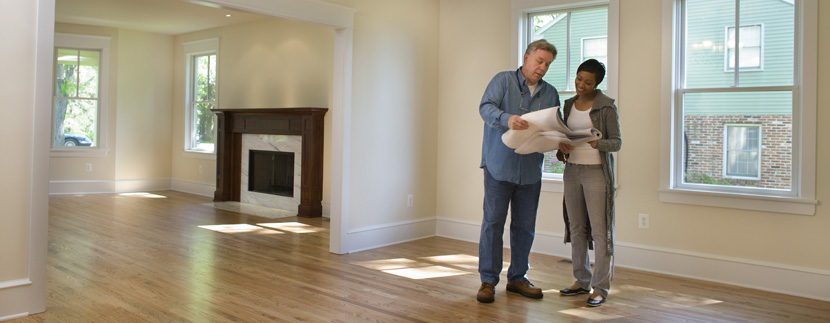
The home inspection is an important part of the home selling process. Typically, the results of the home inspection inspire a second round of negotiations before a final selling price is agreed upon.
However, the home inspection is really a progress report of the financial and structural integrity of the home. Here are some tips for getting the most out of your home inspection.
Make Sure You Hire A Professional
When you are looking for a home inspector – ask your real estate agent for suggestions. Make sure the person is local and familiar with the climate and environment of the area and how it can affect the structure of the home.
Also, avoid hiring anyone that you know or are related to. You want someone who is impartial and won’t cast any doubt about the truth of the report. The home inspector should only be thinking about the home and the systems of the home – not his or her relationship with you.
Do Your Research And Be Prepared
When you walked through the home, you may have made some notes about areas of the home that concerned you. Make sure to write all of these things down and bring them with you to the inspection.
If you have gone to the city or county building department and obtained any paperwork or reports about the property or if the seller has provided you with disclosure reports about the property – make sure to bring all of this documentation to the inspection.
When the inspector asks what, if any, your concerns are about the property – make sure to be thorough and tell him or her exactly what you are worried about.
Walk With The Inspector
If the inspector gives permission, go ahead and walk through the home and property with him or her. Listen to anything he or she says about the home and learn all that you can.
Where is the electrical panel? Where is the water heater? These are important things about the home that you should know once you own it.
It is best if you learn this information, and any specific concerns about it, from a professional inspector rather than to learn the hard way on your own.
As A Homeowner You Are Solely Responsible, Be Prepared
When you are a renter and something goes wrong with the property where you live, you simply call the landlord and have the problem fixed.
However, as the homeowner, you are solely responsible for a burst water heater tank or leaking garbage disposal and you need to make the repairs.
Use any information that you glean from the home inspection to create a maintenance schedule for the various appliances inside of your new home.
